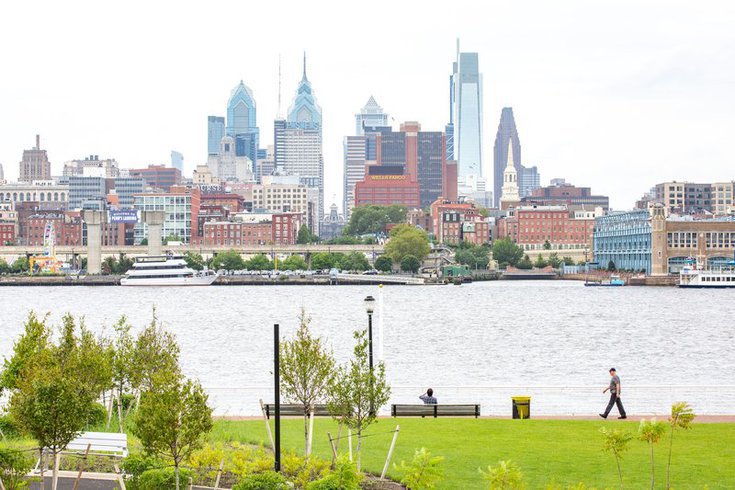
May 27, 2023
 Thom Carroll/for PhillyVoice
Thom Carroll/for PhillyVoice
Philadelphia Water Department will resume shutting off delinquent accounts on May 31. Accounts with $1,000 or more in past due payments are at risk of shutoff.
The Philadelphia Water Department will begin shutting off water for people with delinquent accounts next week. The moratorium that starts in December usually ends on April 1. However, it was extended this year until May 31.
Customers with delinquent accounts with a balance of at least $1,000 overdue will likely lose services. Water Department spokesperson Brian Rademaekers said no one should lose access to water because they can't afford to pay a bill.
"We have strong policies and programs for vulnerable residents, including new protections this year for households with seniors, children, and others," Rademaekers told the Inquirer.
Some assistance programs are in place to help struggling families maintain access to water. For example, homes with senior citizens at least 65, children under 18, and people with disabilities can bypass having their water turned off.
The city has multiple initiatives for residents that may be in danger of having their water shut off. First, residents can apply for a 30-day extension to avoid having the water services turned off; customers are protected while the application is processed.
The water department also has payment plan options. The agreement requires a 25% downpayment.
Customers can apply for a medical need application; residents must complete a medical certification form or a letter stating that having the water shut off will prevent that person from improving. An email can be sent to medicaldelay@phila.gov or mailed to the Water Revenue Bureau at P.O. Box 41496, Philadelphia, PA 19101-1496.
During the COVID-19 pandemic, customers were protected from shutoff for non-payments from March 2020 through July 2022. During that time, 19,000 customers regained access to water.
The number of shutoff notices is down drastically from pre-pandemic numbers. Approximately 5,000 notices have been sent out this year; prior to the pandemic, there were 70,000 such warnings, Rademaekers said via the Inquirer.
Last year the city added new protections meant to separate those who can pay their delinquent water bills from those who can't and provide much-needed exemptions from utility shutoffs.